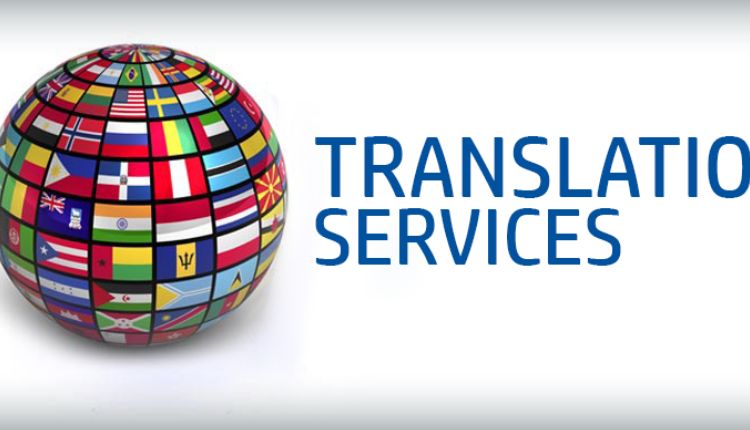In the globalized world we inhabit today, the importance of understanding and appreciating diverse cultures cannot be overstated. One of the most significant tools that facilitate this cross-cultural understanding is translation services. This 1200-word narrative will delve into the role of translation services in bridging cultural gaps, fostering mutual respect, and promoting global harmony.
Translation services are not merely about converting words from one language to another; they are about conveying meanings, emotions, and cultural nuances. They serve as a bridge between different cultures, enabling people from diverse backgrounds to understand each other better.
The first point to consider is how translation services help in preserving cultural diversity. In an era where English is often seen as the global lingua franca, many indigenous languages risk becoming extinct. Translation services play a crucial role in preserving these languages by providing a platform for their literature, folklore, and oral traditions to be shared with a wider audience. This not only ensures the survival of these languages but also enriches global cultural diversity.
Moreover, translation services contribute significantly to cross-cultural understanding by making foreign literature accessible to all. Literature is a reflection of a society’s values, beliefs, and experiences. By translating foreign literature into different languages, translators allow readers worldwide to gain insights into other cultures’ perspectives and ways of life. This fosters empathy and mutual respect among individuals from different cultural backgrounds.
In addition to literature, translation services also play a pivotal role in international diplomacy and politics. Diplomatic relations between countries often hinge on clear communication and mutual understanding. Translators ensure that diplomatic dialogues are accurately conveyed, preventing misunderstandings that could lead to conflicts or strained relations.
Furthermore, in our increasingly interconnected world economy, translation services are indispensable for international business operations. They enable businesses to effectively communicate with their foreign partners and customers, understand foreign market trends and consumer behaviors, and adapt their products or services to suit different cultural preferences. This not only boosts the businesses’ global competitiveness but also promotes cultural exchange and understanding.
Translation services also play a crucial role in the field of education. They allow students worldwide to access knowledge and research from different countries, broadening their horizons and fostering a global perspective. Moreover, they enable international students to study in foreign countries, promoting cultural exchange and mutual understanding among the younger generation.
However, it’s important to note that translation is not a straightforward process of word-for-word conversion. It requires a deep understanding of both the source and target cultures. A good translator must be able to accurately convey the original message while also taking into account cultural nuances and contexts. This is where professional translation services come in. They employ experienced translators who are not only proficient in multiple languages but also well-versed in different cultures.
In conclusion, translation services play an indispensable role in bridging cultural gaps in our globalized world. They preserve cultural diversity, promote cross-cultural understanding, facilitate international diplomacy and business operations, and contribute to global education. However, to effectively bridge cultural gaps, translation services must ensure that their translators are not only linguistically competent but also culturally sensitive.
As we move towards an increasingly interconnected world, the demand for professional translation services will continue to grow. By bridging cultural gaps, these services will continue to play a crucial role in fostering mutual respect and understanding among people from diverse backgrounds, promoting global harmony and cooperation.

